Throughout her literary career, Wei-Jen Su has won numerous prestigious awards since the late 1970s, including the United Daily News Literature Award, the Council for Cultural Affairs Outstanding Playwright Award, the Military Literature and Art Golden and Silver Awards, the China Daily News Literature Award, the Central Daily News Literature Award, the Liang Shih-Chiu Literature Award, the First Times Literature Million Novel Jury Recommendation Award, the Government Information Office Golden Tripod Award for Publishing, the Chiuko Annual Novel Award, and the Tainan Literature Award, among others. She has published various academic works and literary creations. Moreover, the city of Tainan, where she taught for many years, has been an essential setting in her literary world.
During his opening speech, Associate Dean of the College of Liberal Arts at NCKU, Chia-Huang Chen, expressed that Professor Wei-Jen Su is not only a successful writer and outstanding scholar but also a native of Tainan. He shared a personal story about discovering many of Professor Su’s works in the library of his child’s elementary school, YongKang Fusing Elementary, only to realize that she was an honorary alumna of the school. He remarked, “Those early writings about military dependents' villages all happened right here in Tainan!” During her teaching years at NCKU, Professor Su nurtured countless talents, and many professors and postdoctoral researchers present at the event were once her students.
Associate Dean Chen also mentioned that for the third event in the lecture series, titled “Between Us – A ‘Magical Moment’ with Wei-Jen Su,” they invited Assistant Professors Tzu-Ting Huang from the Department of Chinese Literature at National Sun Yat-sen University, Chieh Yang from the General Education Department at Chihlee University of Technology, and Shih-Yung Lee from the Department of Chinese Literature at Tunghai University to join the discussion, exploring Professor Su’s inspiration and influence on the new generation of creators. The first lecture’s moderator, Professor Min-Yi Su of the Department of Chinese Literature , also shared his appreciation for Professor Wei-Jen Su’s many contributions to literary creation, academic research, and teaching during her tenure at NCKU.
Writer Wei-Jen Su humorously responded to Associate Dean Chen’s introduction by saying, “Perhaps the pig farmers behind Fusing Elementary are the descendants of my fifth-grade teacher!” This opening joke drew hearty laughter and marked the beginning of the lecture series sponsored by the Lin Rong San Foundation of Culture and Social Welfare, organized by the Taiwan Literature Society, and executed by the Department of Chinese Literature at NCKU.
In her lecture, Professor Su focused on the theme “The Fiction Class – Repairing Broken Things,” quoting American novelist Raymond Carver: “Everything we write, to some extent, is autobiographical.” She explained her preference for poetic, essayistic, and biographical fiction. Autobiographical novels, she noted, are authentic—like novelist Ei-Leen Chang’s Little Reunion, writer Yu Li’s The Stories of Wenzhou Street, Japanese novelist Dazai Osamu’s No Longer Human, and her own work The Island of Silence.
“Why use writing for an autobiography?” Professor Su cited writer Yu Li, explaining that “Words cannot deceive; they are the truest person, the truest poetry, the truest pain.” Why blend fiction with reality? It is because “We want to repair broken things.” Thus, writers write about death, attempting to mend what’s broken—that is the emotion novels strive to convey, the essential lesson for every novelist. She shared how, in 1963, the Japanese novelist Kenzaburo Oe’s son was born with severe disabilities. Through writing, novelist Oe confronted his pain and sought to repair his broken child and his heart weighed by life’s uncertainties.
Professor Su continued by discussing how writers confront death through their work. She mentioned writer Yu Li again, who, after his wife Sung-Fen Kuo’s stroke and passing, tried to heal his grief through words, soothing himself: “You’ll be fine. You’ll be fine. Piece by piece, you’ll recover the self who lost a beloved.” He wrote Bougainvillea and the Beautiful Boy to commemorate his love. However, when his literary fortress seemed complete, he tragically chose to end his life in his New York home, shocking the literary world.
Professor Su also shared that she wrote the novel The Time Squad inspired by her late husband, portraying death as a journey both clearly defined and mysteriously unknown. She recounted the emotional journey from her loved one’s illness to their passing, stating, “Life is a series of time zone exchanges; death is one reality, but we create another. It all starts with facing death.” She emphasized that in the process of self-healing, the journey might be more important than the outcome. Whether or not we can truly repair broken things remains uncertain, but through writing, we capture life’s complexities. Quoting Japanese novelist Dazai Osamu’s famous line, “I am sorry to have been born a human being,” she expressed how each farewell is merely a pursuit of life’s wholeness. Finally, Professor Su asked the audience, “Can words really repair broken things?”—as if she were simultaneously mending her own soul. Her touching and heartfelt speech earned a standing ovation.
The “2025 Rong-San Lin Taiwanese Literature Lecture Series,” sponsored by the Lin Rong San Foundation of Culture and Social Welfare, organized by the Taiwan Literature Society, and executed by the Department of Chinese Literature at NCKU, will continue with other events on May 9 and 14. The final event on May 14 will be a writers’ forum featuring three younger-generation scholars and writers, who will discuss writer Wei-Jen Su’s literary achievements and her influence on new generations of creators. Writer Wei-Jen Su will conclude the forum, bringing the spirit of literature once again to the NCKU campus.
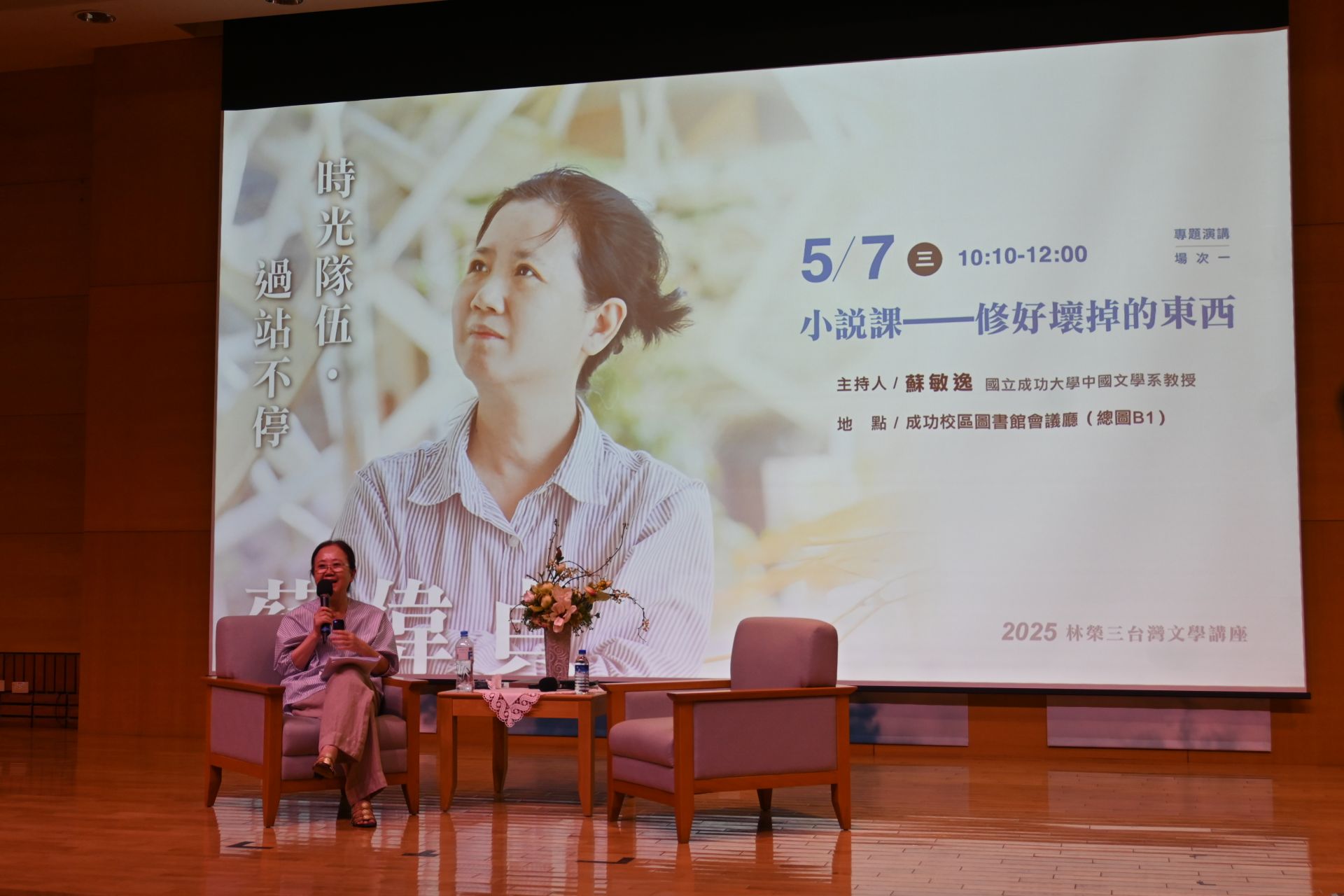
The Rong-San Lin Taiwanese Literature Lecture was held at NCKU, featuring writer Wei-Jen Su sharing her creative journey
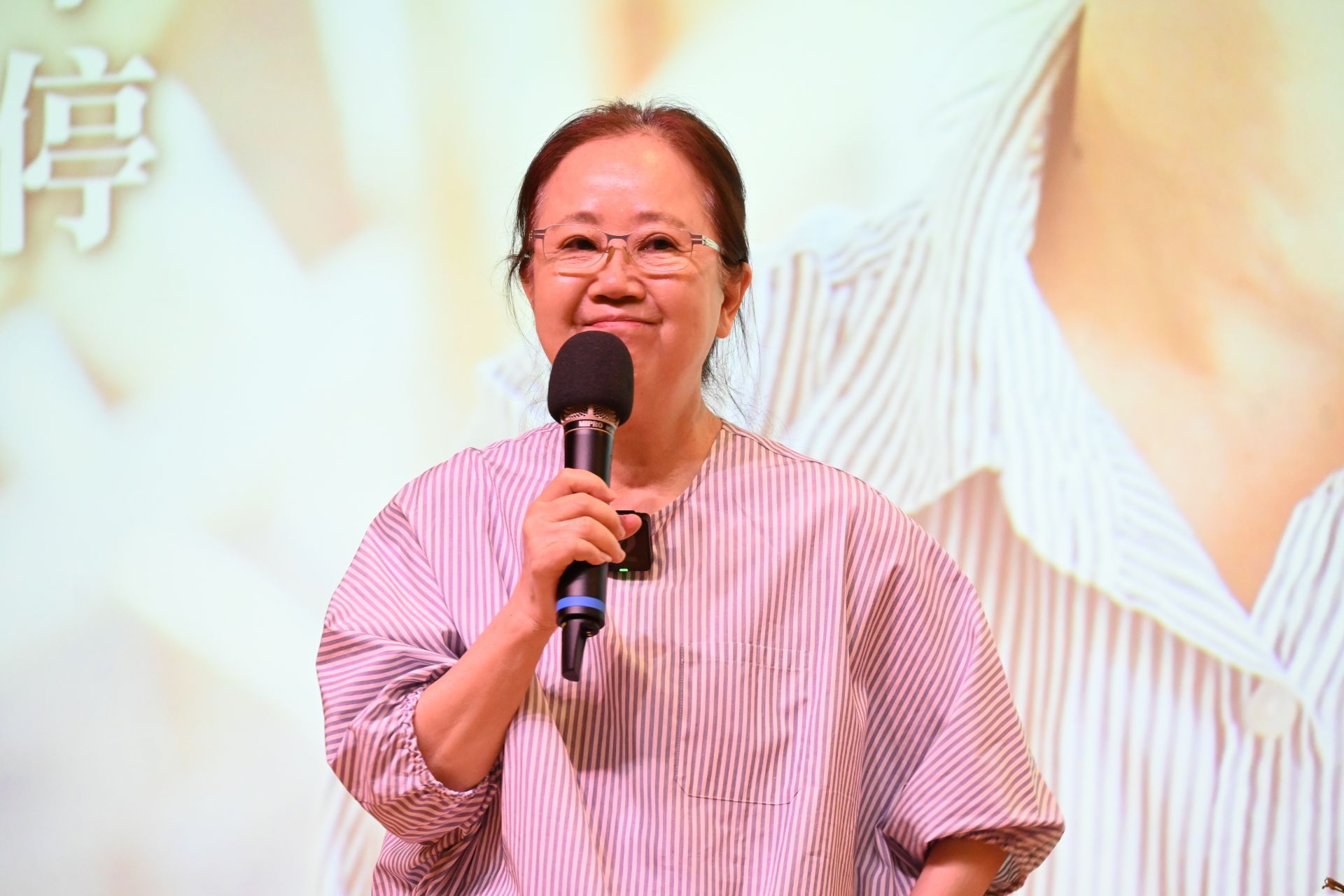
As Wei-Jen Su asked the audience, "Can words truly heal what’s broken?" it felt as if she was also healing her own soul. Her moving speech deeply touched everyone and received enthusiastic applause
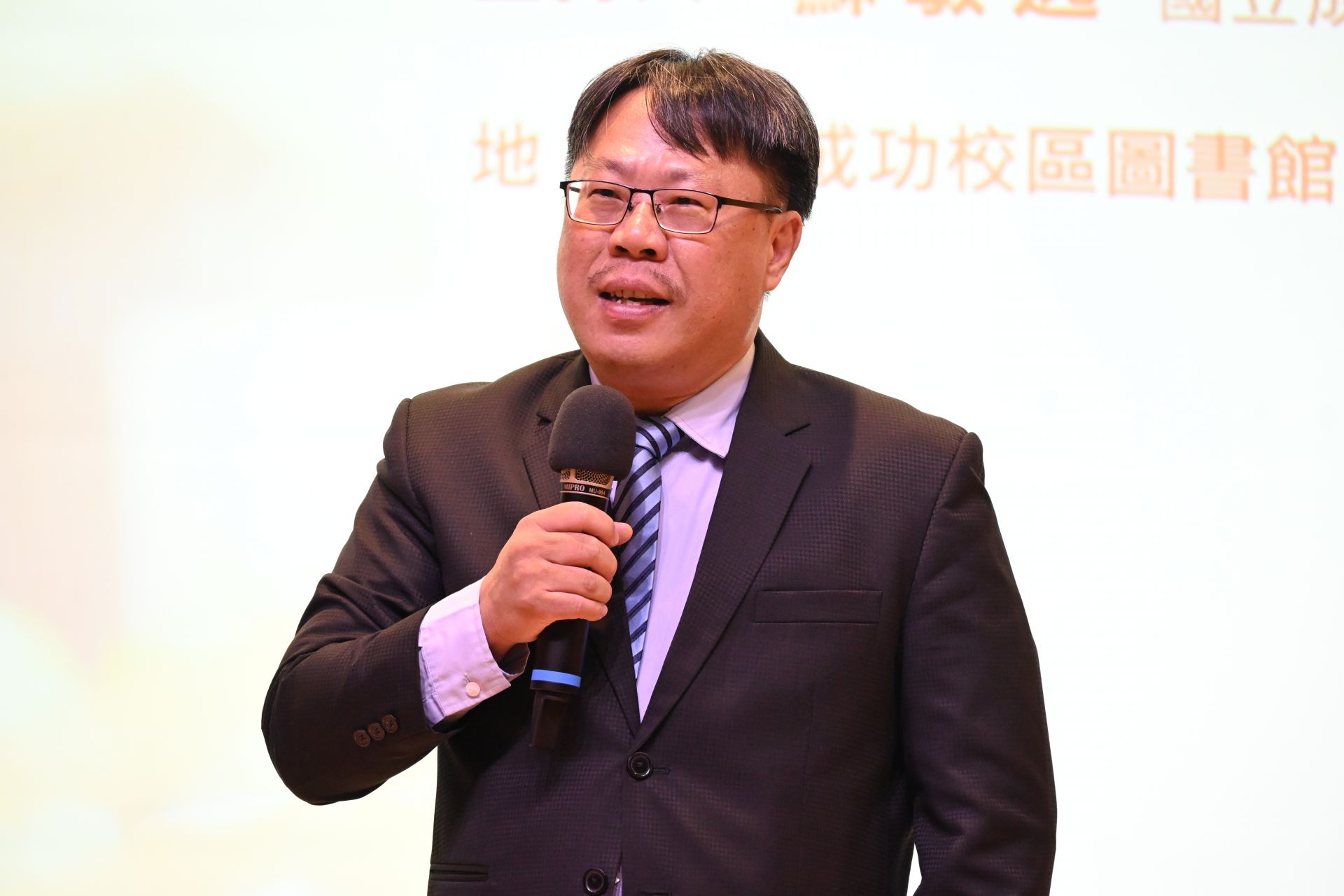
At the event, Associate Dean Chia-Huang Chen of NCKU’s College of Liberal Arts remarked that Wei-Jen Su is not only a successful writer and an outstanding scholar but also a native of Tainan
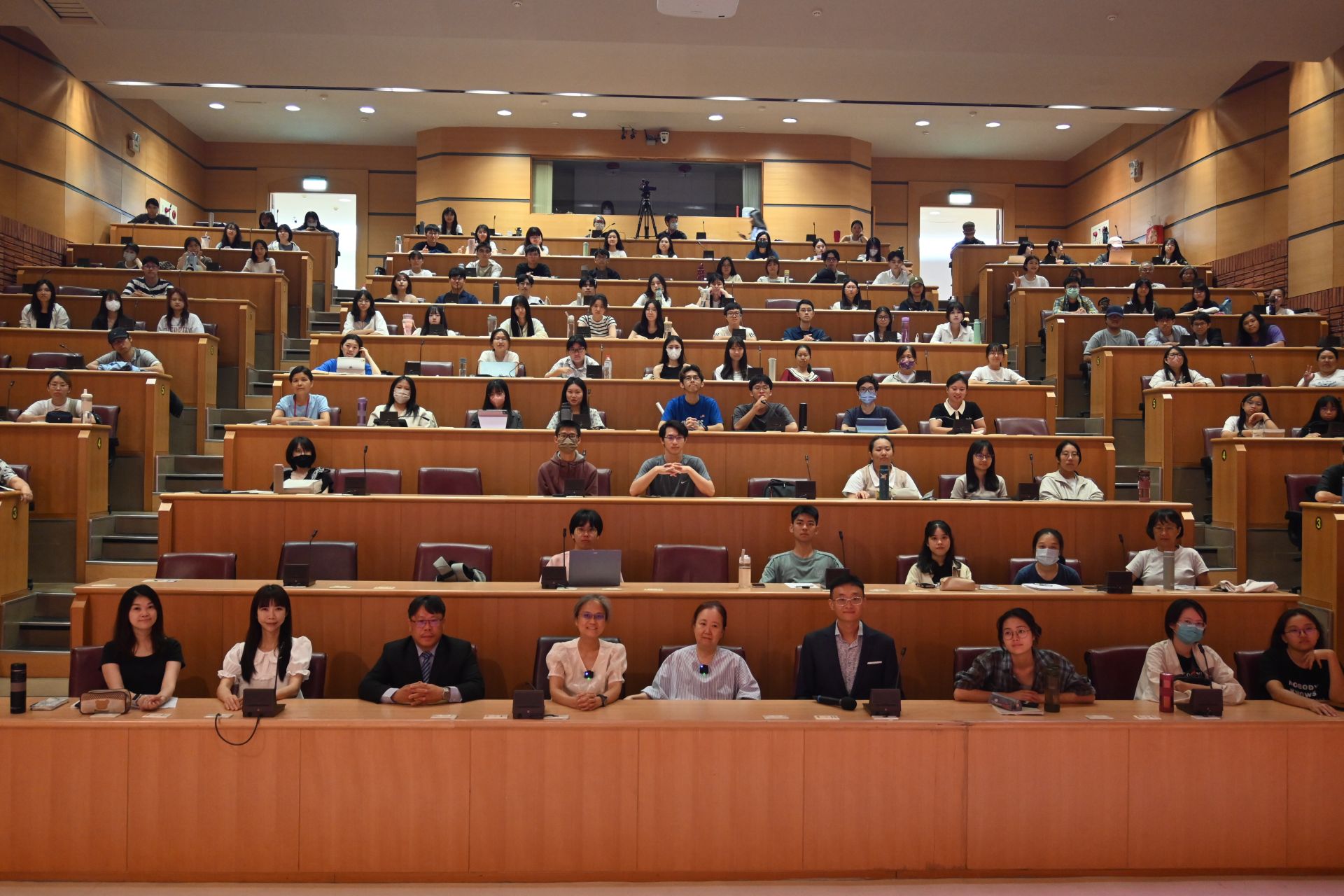
Sponsored by the Lin Rong San Foundation of Culture and Social Welfare and organized by the Taiwan Literature Society, the 2025 Rong-San Lin Taiwanese Literature Lecture series was executed by the Department of Chinese Literature at NCKU. On May 7, the series opened with renowned contemporary Taiwanese writer Wei-Jen Su as the featured speaker
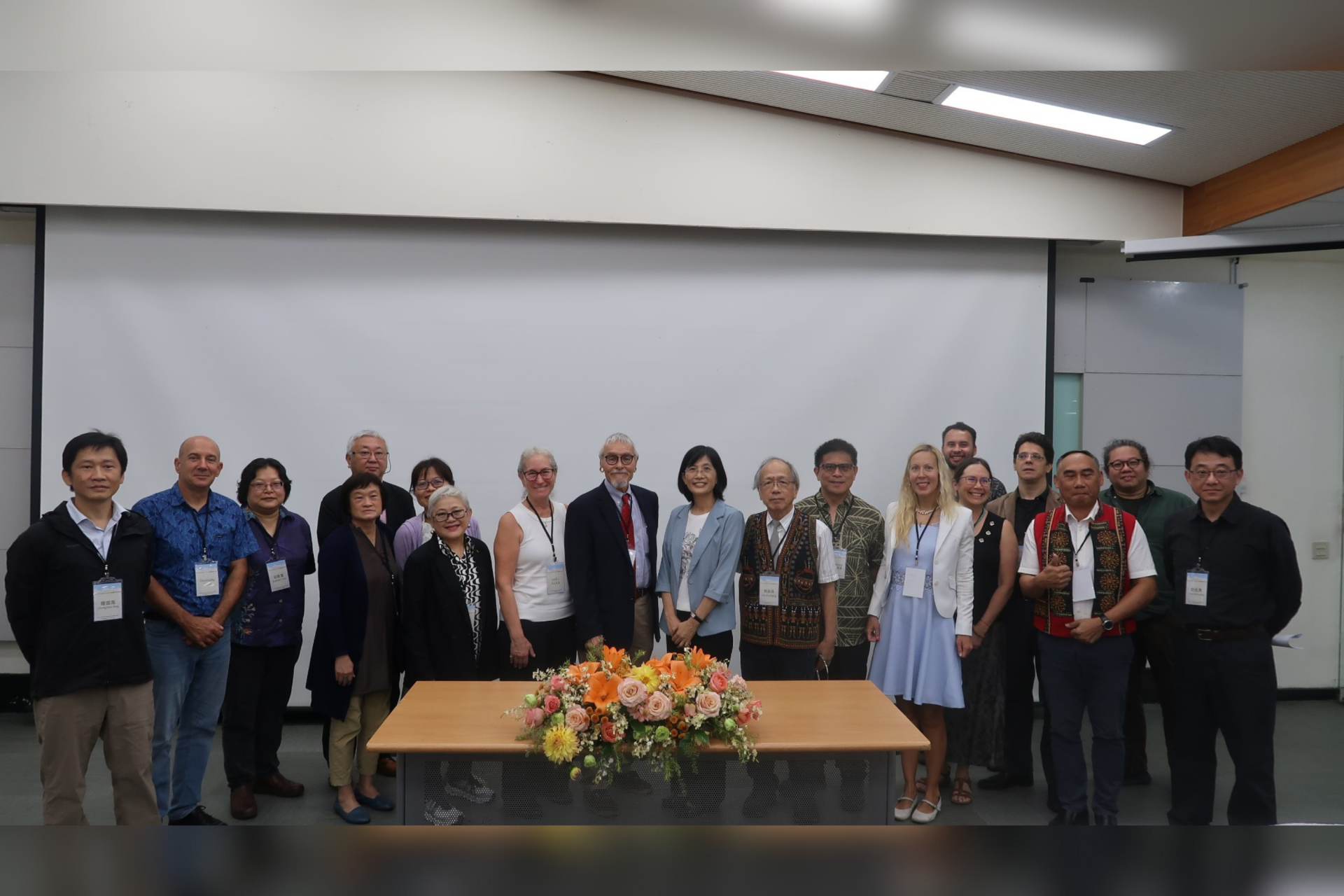
SDG11NCKU's Archaeology Department and EFEO co-hosted a seminar on the latest trends in collaboration and indigenous archaeology
View more
SDG11Stakeholders Gather at NCKU to Rethink Landslide-Dammed Lake Risk Management: From Monitoring and Early Warning to Recovery
View more



















